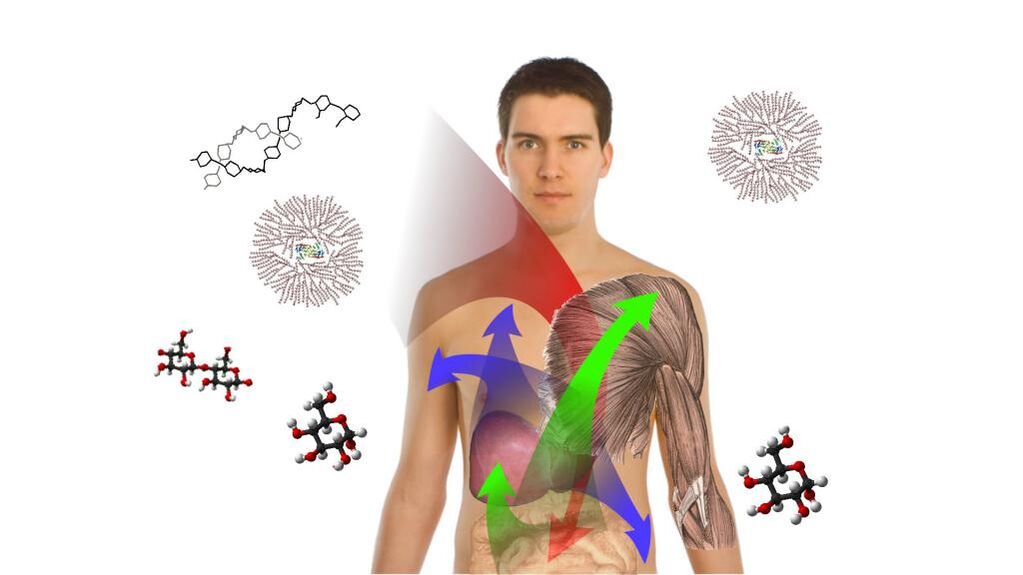
Psoriasis is a chronic dermatological disease of the skin. Psoriasis manifests itself as red papules (a red rash). In recent years, the disease is increasingly common in people from 20 to 30 years old. Unfortunately, the modern level of medicine cannot stop the spread of this disease. Why does psoriasis appear, what needs to be done to effectively treat it? Let's explore it in more detail.
The cause of the disease
There are many different theories around the world about the cause of psoriasis. However, this issue has not been fully studied in medicine. There are many different theories, but where psoriasis comes from is unclear.
There are two main types of psoriasis: due to a genetic factor (there is a change in the immune system) and the so-called "late-onset type" - after 40 years (affected areas - nails and joints).
Why does psoriasis appear?
At the modern medical level, psoriasis is considered a failure in the overall system of the body, and not a separate disease. In addition to the typical skin rash, patients also suffer from dysfunction of the endocrine, nervous and immune systems.
There is no single answer to the question of what causes psoriasis. There are several typical theories about psoriasis. Let's look at each in more detail.
Immunology
Immunology theory is recognized by many doctors around the world. According to this theory, psoriasis occurs due to a dysfunction of the body's immune system. What causes psoriasis on the body? Typical papules (bright red spots) are caused by autoimmune processes. The immune system treats skin cells as foreign objects, so it gradually rejects them. In their place, characteristic papules appear.
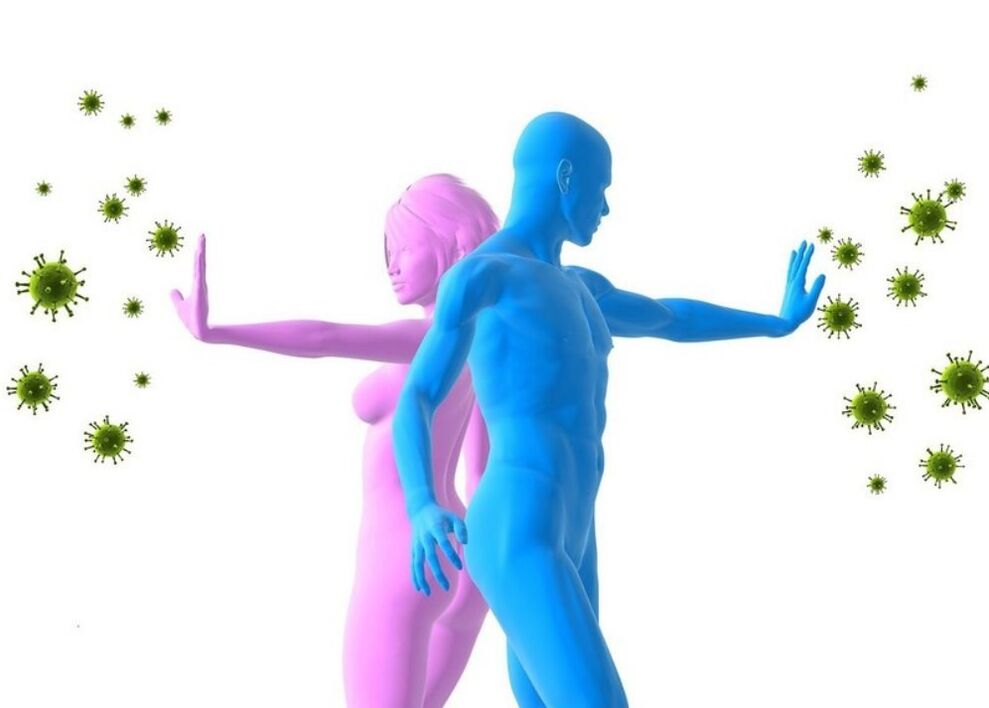
For a long time, doctors have determined that psoriasis can develop against the background of ongoing infectious diseases: sinusitis, tonsillitis. This theory has the right to exist, because dysfunction of the immune system and causes psoriasis. When studying papule scales, the scientists discovered that they contained antigen complexes that were not characteristic of healthy cells. There are antibodies to these complexes in the blood, so elimination occurs - papules are formed.
Low immunity is fertile ground for psoriasis to develop.
At the genetic level
Unfortunately, psoriasis can be inherited. However, it should be noted that it is not a genetically transmitted disease, but rather its predisposition. This fact is confirmed by direct statistics: 60% of psoriasis patients have a relative of the same bloodline with the same diagnosis.

If one of the parents has the disease, the probability of having psoriasis in a child is 25%. If both parents have psoriasis, the risk increases by 75%.
Scientists have shown that the disease is directly related to the chromosomal region that determines the level of inflammatory response on the skin. However, genetic predisposition cannot be considered as the main cause of psoriasis.
Certain peoples are resistant to psoriasis. Among them were Indians living in the Andes, the Eskimos. These peoples have a genetic trait, thanks to which their representatives never suffer from psoriasis.
Endocrine theory
What causes psoriasis in adults? According to endocrine theory, psoriasis can be the result of hormonal dysfunction. This theory was given by doctors after carefully analyzing the course of the disease. Overproduction of skin cells is thought to result from the body's dysfunction of regulation. Accordingly, due to the disturbance of the endocrine system.
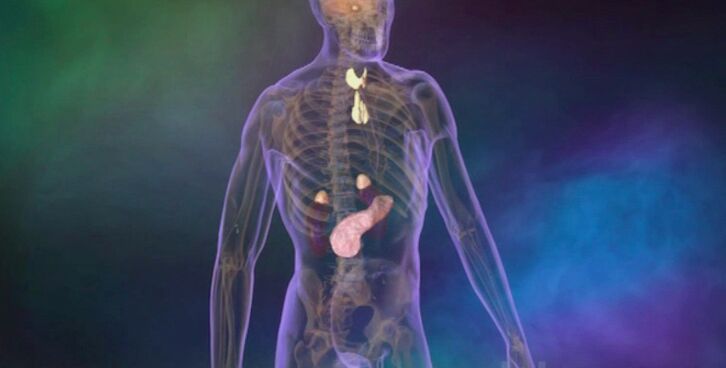
During the period of hormonal increase in women (ovulation and menstruation) and during pregnancy, psoriasis is activated. However, up to now, scientists have not yet identified a hormone that affects the occurrence of such psoriasis. It is for that reason that endocrine theory cannot be said to be fundamental.
Neurological theory
Neurobiology theory is considered to be one of the newest. According to her, psoriasis arises "from neurological", respectively, psychological factors are the cause. Psoriasis causes psychosis. As a result of neurosis, blood vessels are narrowed, blood supply to the skin is impaired, thereby forming papules.
Therefore, it is not unreasonable that everyone around when asked the cause of psoriasis immediately answered that it was neurological.
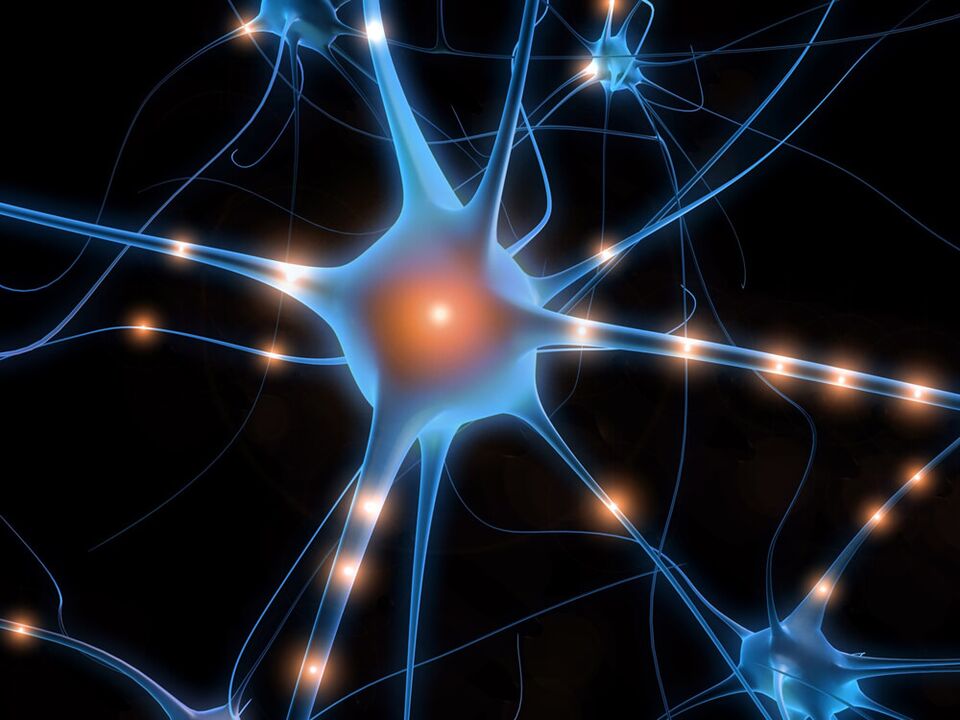
According to some studies, it is clear that stress, experience deep inside, nerve shocks are factors that provoke the appearance of a rash on the skin.
Virus theory
There is also a virus theory. Within its framework, doctors believe that psoriasis can appear due to infection. Indeed, in infectious diseases, papules appear more often, and lymph nodes increase. However, some doctors claim such changes are due to a weakening of the immune system in general.
In the entire history of the disease, no specific pathogen has been identified that can cause the occurrence and development of psoriasis.
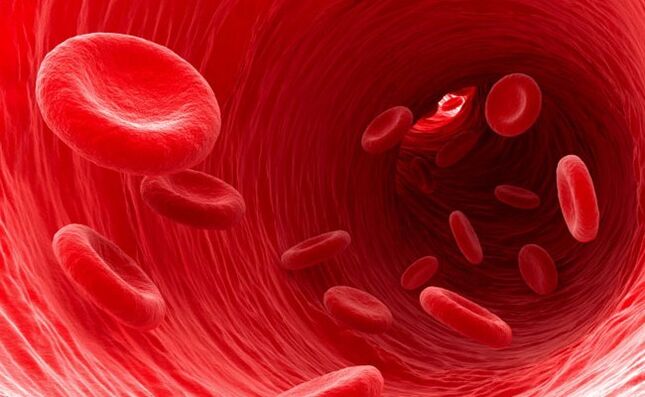
Psoriasis is a disease that is not spread through contact. Not a single case of infection has been reported even after blood transfusion from patient to patient.
Metabolic disturbances
During psoriasis, many patients have low body temperature, high cholesterol levels, impaired metabolism of vitamins, carbohydrates and trace elements. All of this shows signs of a metabolic disorder in the body.
According to the results of repeated studies on patients with psoriasis, doctors have come to the conclusion that one of the reasons for the occurrence of the disease lies in the violation of the processes of giving. metabolism.
Factors that trigger the appearance of psoriasis
In order to understand exactly what causes psoriasis, it is necessary to outline the range of factors that can cause its occurrence. Among the most powerful are:
- stress, negative emotions, trauma, mental and physical fatigue are fertile ground for recurrent psoriasis;
- infectious diseases, vaccinations;
- changes in the body in the level of hormones (during puberty, during pregnancy, lactation);
- physical trauma: scratches, burns, bites, frostbite;
- taking some drugs: antibiotics, complex vitamins, immunostimulants;
- with inappropriate nutrition (too much sweetness, fat, frying, and alcohol in the diet);
- when the climate changes (unfavorable conditions - humid climate, sudden changes in temperature);
- in the presence of other dermatological diseases: dermatitis, fungus.
The cause of psoriasis can be hidden in one of several factors. Therefore, a patient suffering from this disease should minimize the manifestation of the above external factors affecting recurrent disease.
The main symptoms
Psoriasis can manifest itself at any age, including children. Moreover, the sooner the disease appears, the more accurate it will turn into a severe stage.
How psoriasis appears, the photos below demonstrate: the formation of a rash, cracks, papules on the skin's surface (red spots with white scales).
The first signs that psoriasis are:
- cracks and pustular rash on the skin;
- peeling nail plate;
- blisters appear on the palms of the hands and feet;
- strong exfoliation of the skin;
- itching in the papules.
As the disease progresses, the number of papules increases to 10 cm, the damaged skin is sensitive, but the hair roots remain.
There are many manifestations of psoriasis:
- simple - spread on the skin of the feet (at the extended surface of the knee), the papules are covered with white scales;
- seborrheic psoriasis usually occurs in people with seborrhea; This disease is characterized by the appearance of yellow papules, bound together with sebum, they do not spontaneously lead to an inflammatory process and are mainly localized in the scalp, behind the ears and on the face;
- psoriasis of the joints - papules appear at the sites of joints, feet and hands, so the disease interferes with their normal mobility;
- inverse - local papules in the natural folds of the body, often this form of a disease contiguous with problems in the endocrine system of the body;
- teardrop-shaped psoriasis may appear on the head, from which this psoriasis occurs - it is not known for certain;
- nail psoriasis - a disease manifested exclusively on the nail plates - they thicken and deform, the nail affected by the disease looks like a rostrum;
- erythematous psoriasis is an extremely severe manifestation of psoriasis, characterized by a fusion of plaques; if the patient is inadvertent, the plaques may cover the entire body. As are associated manifestations: swelling, peeling of the skin, redness, intense itching, and extreme unwellness.
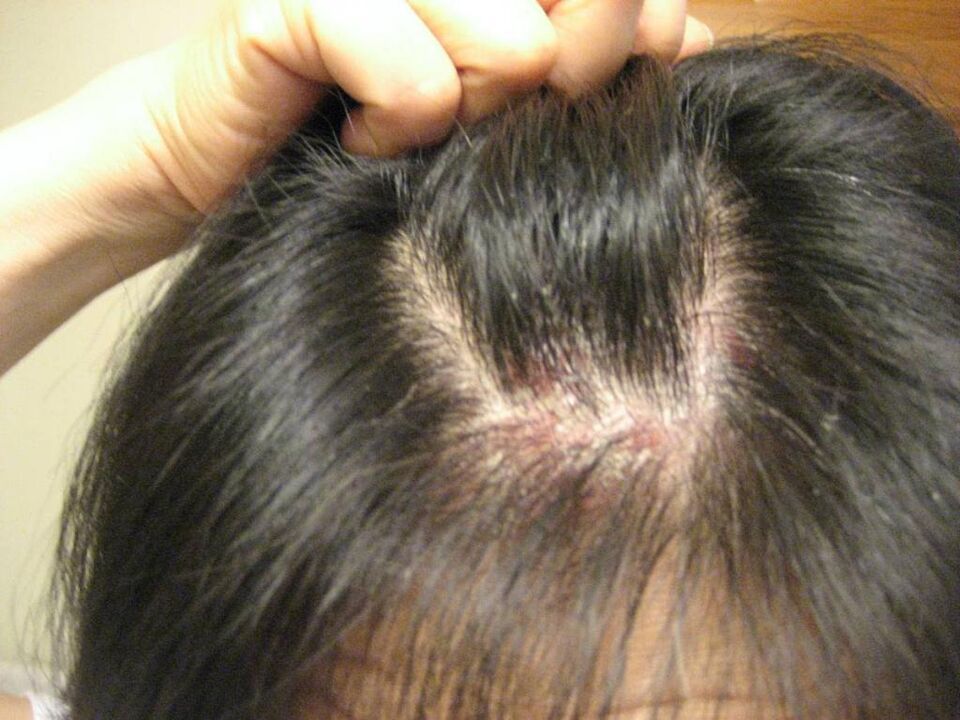
What causes psoriasis on the hands? The reasons are purely personal.
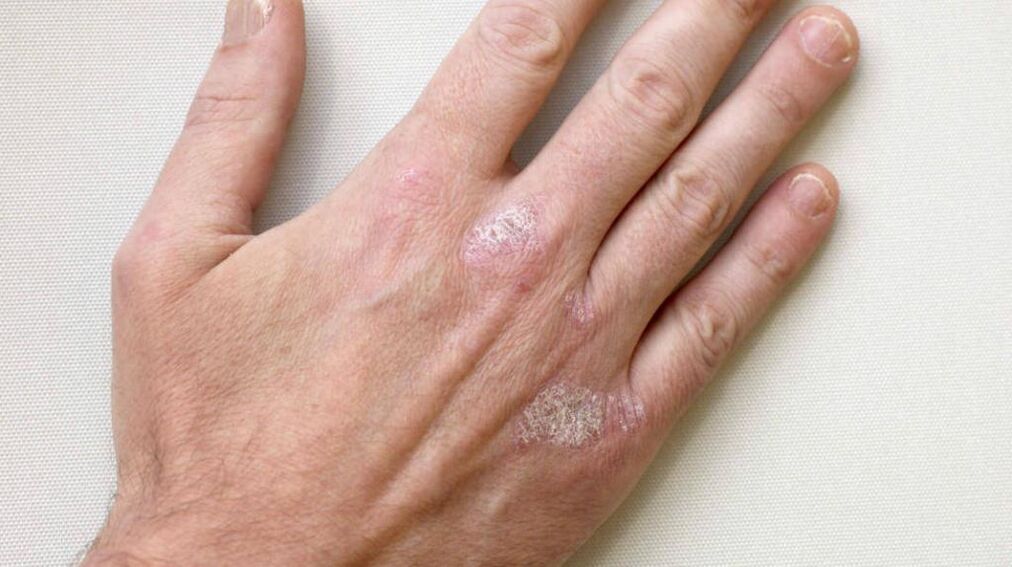
There are many different factors and theories that have not been fully proven. However, many doctors agree that the causes of psoriasis can be lurking in disorders of the immune, nervous and endocrine systems.
Stages of psoriasis
There are three stages of psoriasis:
- Progressive stage - it is characterized by a bright red rash in possible amounts. If you do not take timely treatment measures, the disease will get worse.
- Static stage - new papules do not appear and skin papules have stopped growing.
- Degenerative stage - papules visibly fade, size decreases, and peeling becomes less or they stop completely.
To accurately diagnose and determine the stage of psoriasis, professional consultation of a dermatologist is required. With the help of imaging examinations, laboratory studies and microscopes, he will be able to make an accurate diagnosis and determine the current stage.
Psoriasis appears: what to do?
Psoriasis is a complicated disease, and treatment takes a long time. Relapses usually appear even in prolonged remission. The main goal of treatment is to get rid of a rash on the skin. That is why it is necessary to appoint treatment on an individual basis, based on the development of the disease, accompanying symptoms and relapses.
External and internal remedies are differentiated between the main treatments.
External treatments for psoriasis:
- ointments on a solid, lanolin and fat basis;
- resin;
- naphthalene;
- mustard ointment;
- Hormonal ointment (usually the doctor prescribes it at the advanced stage of the disease).
Internal remedies:
- complexes of vitamins;
- sedative;
- sedatives, sedatives;
- hypnosis;
- Antidepressants;
- antibacterial and anti-inflammatory drugs;
- metabolic stimulants;
- Immunotherapy agents.
In addition to drug treatment, patients need to eliminate sweet, fried, spicy, and smoked foods from their diets. Don't eat ice cream, coffee, carbonated drinks, mushrooms, or pickles.
Psoriasis is a chronic disease that is not spread through contact. The causes and factors of the occurrence of psoriasis are diverse, so most people may be at risk for the disease. That is why it is important to pay attention to your own health and strengthen the immune system. Avoid stressful and nervous situations! First, think and imagine how stress might happen to you in the future. Be healthy!

























